Saijo sake festival
Fun and friendly drinking festival with over 900 varieties of sake.
If you like a drop of the clear stuff, this is the festival for you. Hundreds of sake varieties to choose from and a great party atmosphere to boot. Held in Saijo on the outskirts of Hiroshima, sake has been produced here since 1650 and today there are 10 traditional breweries.
Festival weekend sees the road from the station lined with food stalls leading to Chuo Park which is split into east and west areas. The east side has stalls, food, stages and performances with free entry. The west side of the park is where you can taste over 900 types of sake from across the whole country. Entrance requires a ticket which InsideJapan are able to provide. On entry you are handed a tiny sake cup which can be refilled at any of the stands. You may think you won't be able to sample much with such a small sake cup, but you'll be surprised! The festival is open up to 9 hours which is an awful lot of drinking time...
When to go: The festival is held annually on the second Saturday and Sunday in October. Ironically this is just before the Health and Sports national holiday!
For more information email us: [email protected] or call: + 44 117 244 3380
A quick note about our experiences: Our experiences are designed to be part of a complete, tailor-made travel package and are not available to book individually. This allows us to ensure every detail – from accommodation to transport – is perfectly coordinated for you. If you're interested in one of these experiences, we'd love to help you build a full itinerary around it!
Other Festivals experiences
View more >
Awa Odori dance festival
Head to Tokushima for the most famous and boisterous of Shikoku's summer dance festivals.

Gion festival
The most famous of all Japan's festivals, the Gion Matsuri dates back to 898.

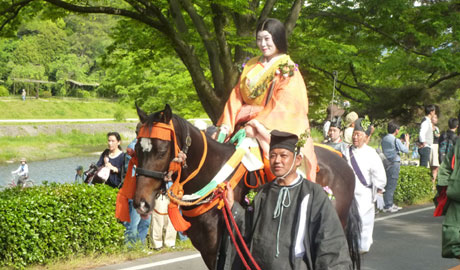
Hollyhock festival
A stately procession of Kyotoites and animals re-enacts the delivery of the Emperor's message to two of Kyoto's most important shrines.
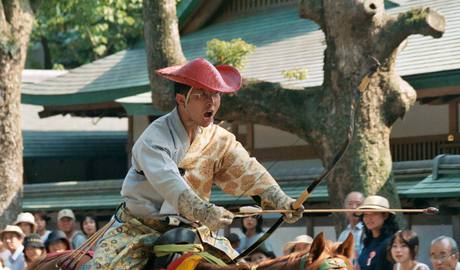
Yabusame horseback archery
Witness the incredible martial art of horseback archery as the spirit of the samurai lives on.
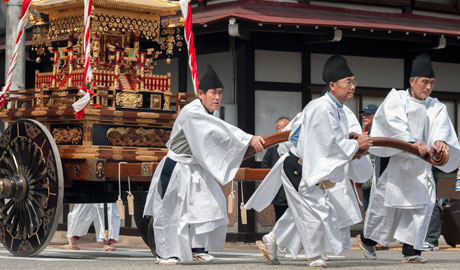
Takayama Spring & Autumn Festivals
Takayama comes alive in mid-April and mid-October for their annual festivals.
 Australia
Australia
 USA
USA
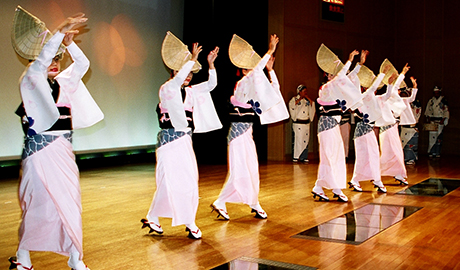
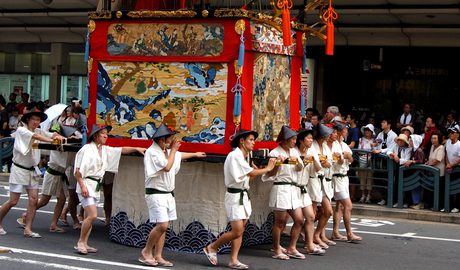
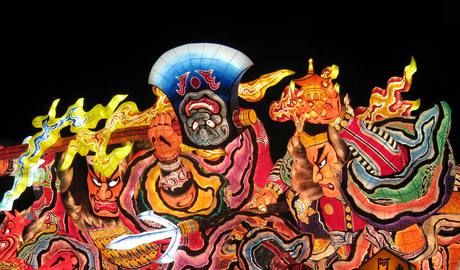
 Inside Japan UK office
Inside Japan UK office Inside Japan US office
Inside Japan US office Inside Japan Australia office
Inside Japan Australia office Inside Japan - Japan office
Inside Japan - Japan office

























